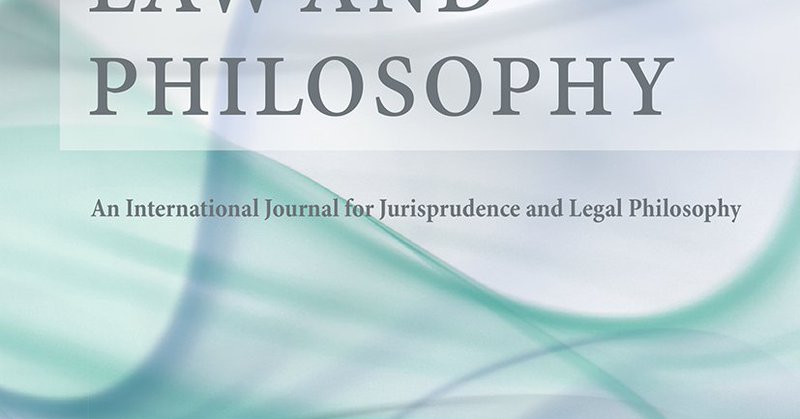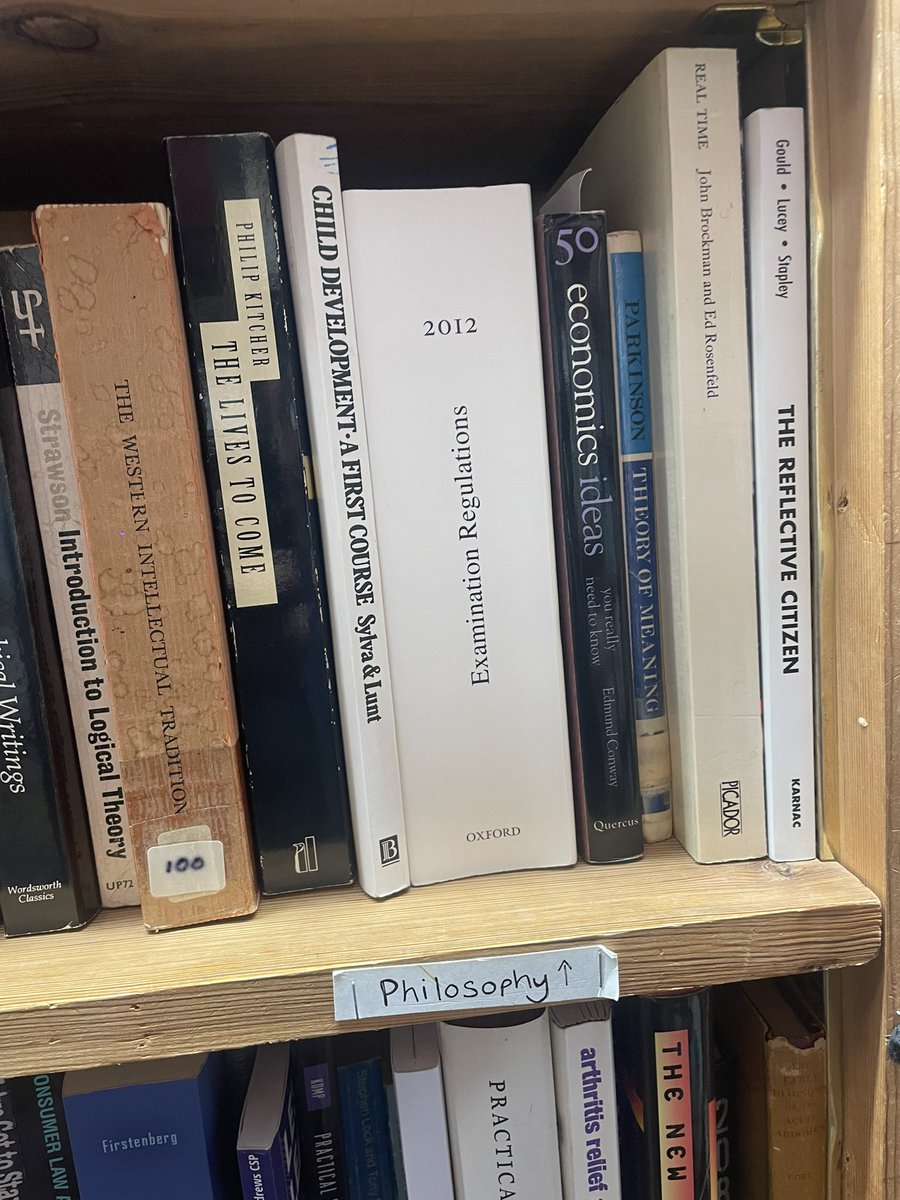
Udit Bhatia
@bhatia_ud
Followers
2K
Following
3K
Media
129
Statuses
749
Political Theorist @UniofYork. Loves comparing dogs and constitutions.
Joined September 2012
My article on parliamentarism in founding era India is now out with @AJPS_Editor. And it’s open access!
8
41
234
It’s been a pleasure being part of the @pact_project’s exhibition on the Indian constitution at @SOAS. Folks in/around London, don’t miss this! Open till 20 Sep (except Sundays and Mondays) at the SOAS gallery.
0
2
10
RT @BrunoLeipold: Recommend checking out the @pact_project exhibition at SOAS on 75 years of India’s constitution h….
0
1
0
Pleased to say that I’m joining @Kingspol_econ @kings_poltheory this September. Sad to leave an exceptional community of political theorists at York. Looking forward to the next phase.
4
2
105
I agree with much of their analysis except when they address an argument I’ve made elsewhere: "Because, for all practical purposes, parties have substituted the legislature, we should conceive of them as having a kind of “legislative status”. (2/11).
link.springer.com
Law and Philosophy - This paper explores how political parties should be regulated in jurisdictions with anti-defection laws, which constitutionalise parties’ control over the legislative...
1
0
0
In their recent paper (which I highly recommend reading), Khosla & Vaishnav @MilanV address the issue of defections. They make an original and provocative argument which emphasises the value of political polarisation in addressing defections. (1/11).
academic.oup.com
Abstract. Within comparative constitutional law, there is an emerging consensus that political fragmentation has weakened political parties and hindered th
1
10
61
Delighted to host @sandiptodg for a talk on his book, Legalizing the Revolution @CUP_PoliSci on Monday, 9 Dec in London. Register here for the talk:
2
9
50











